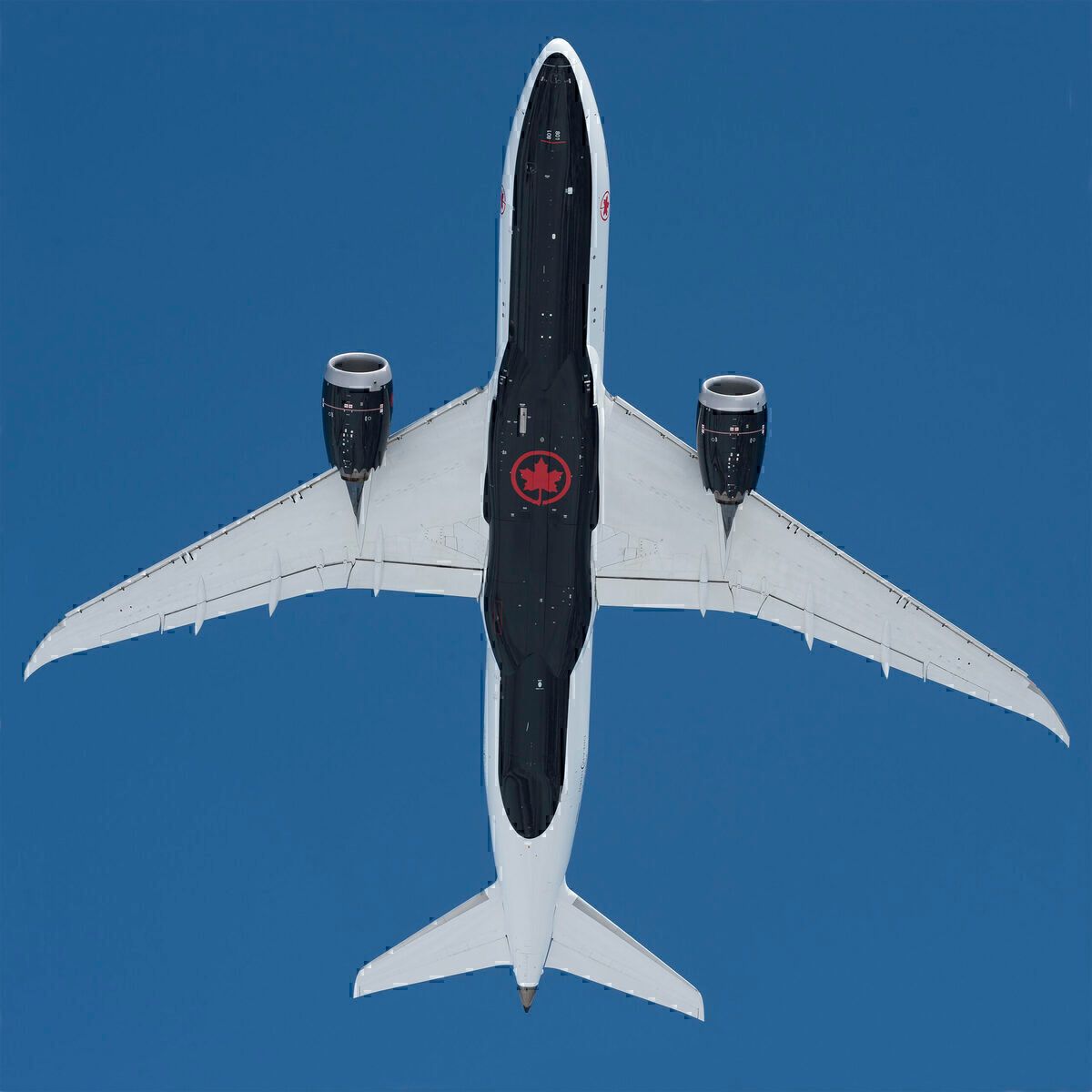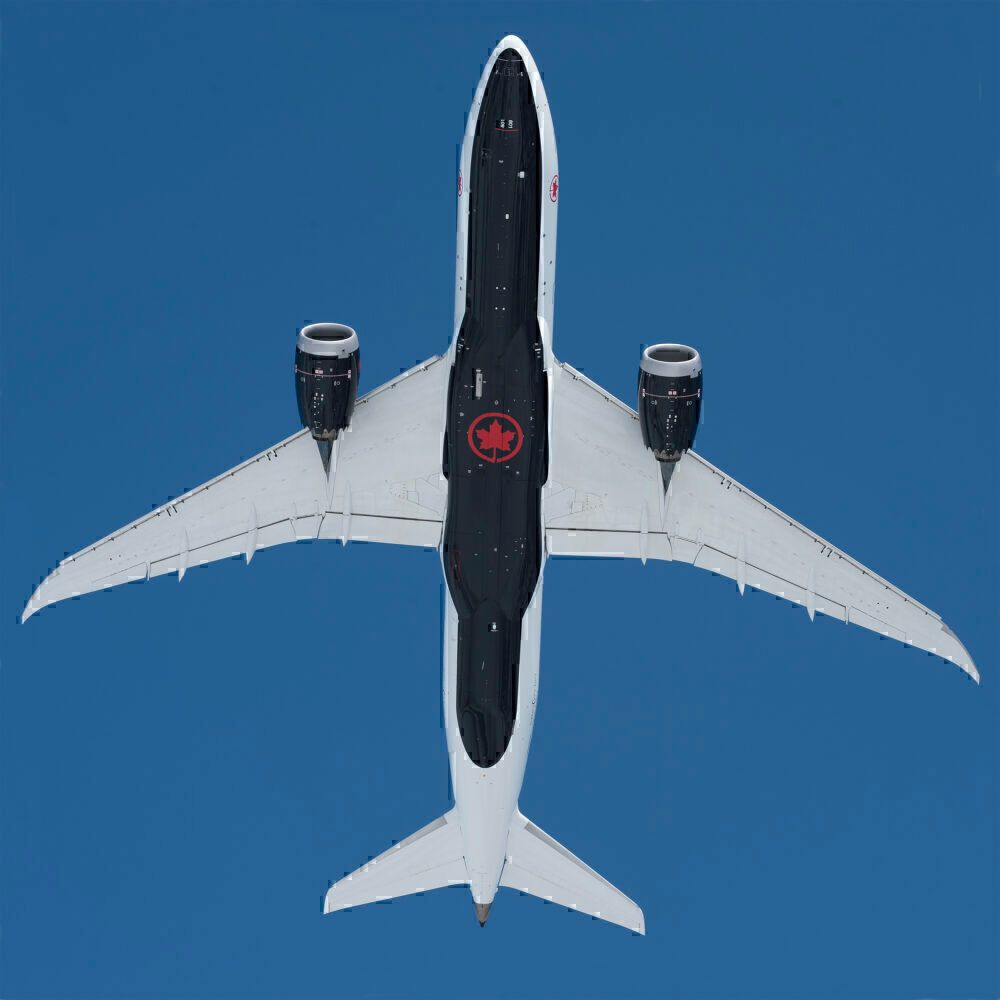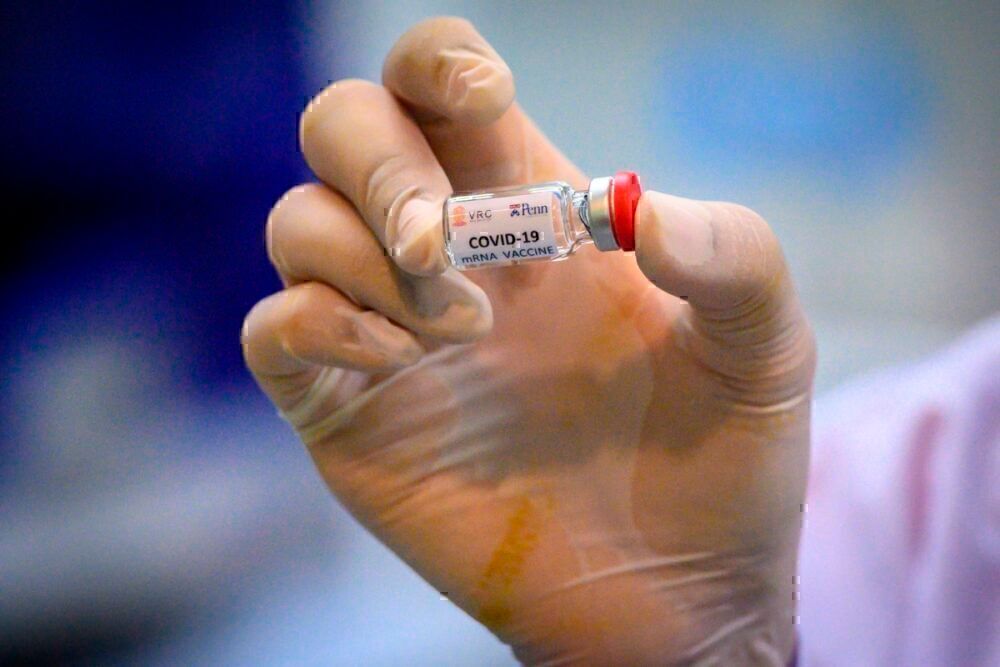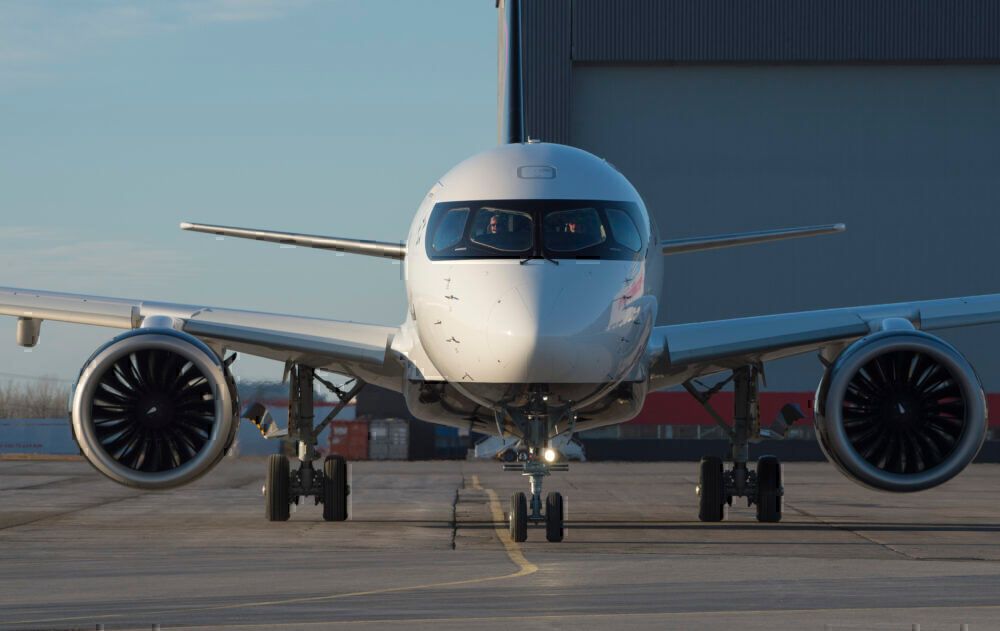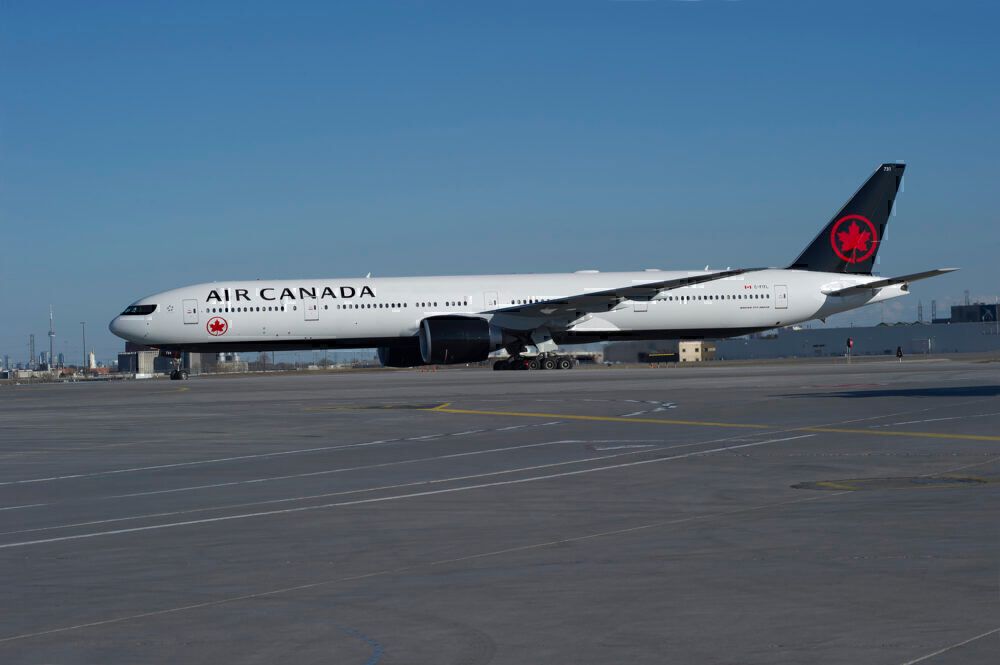Air Canada has this week released its third-quarter earnings report. A fairly common occurrence in the industry, the airline has had to pivot and adapt to the changing commercial climate, making deep cuts and secure financing in order to stay afloat. While most carriers are eagerly waiting for the widespread distribution of a vaccine to guarantee safe travel, other carriers are touting their operational readiness for handling the vaccine's distribution. Where does Air Canada fit into this picture? How would a COVID-19 vaccine impact Air Canada's operations?
Preparing for a successful vaccine
Obviously, governments have not simply been waiting alongside the general public to see biopharmaceutical companies develop an effective product. Instead, many have been actively securing their own future supplies of vaccines, signing contracts, and pre-ordering tens or hundreds of millions of doses from promising candidates.
The government of Canada is doing its part. In September, it announced a deal with Sanofi and GlaxoSmithKline (GSK) to secure up to 72 million doses of their COVID-19 adjuvanted recombinant protein-based vaccine candidate. Agreements have previously been signed with Pfizer, Moderna, Johnson & Johnson, and Novavax, and negotiations continue for access to other leading vaccine candidates.
Stay informed: Sign up for our daily aviation news digest.
Where does Air Canada fit in?
When it comes to the aviation industry's part in a vaccine roll-out, airlines are critical to a timely distribution process. The world is eagerly awaiting a vaccine, and hopes continue to rise - especially with Monday's exciting news of Pfizer's vaccine proving to be 90% effective.
As part of Monday's earnings call, Air Canada executives disclosed that it has responded to the government of Canada's RFP (request for proposal) regarding vaccine distribution. Beyond the brief mention, no further details were offered. Here's part of the transcript from the call:
"...and our team is working on this, and we were one of the participants in the RFP process, the Government of Canada is putting together. Certainly, as you know, there is going to be specific requirement, such as temperature control. We may not step into that type of investment. But more our view is what can we do with our existing fleet and how can we partner potentially with other participants in the RFP process to make this a very, very efficient process for everybody." -Calin Rovinescu, CEO, Air Canada
Therefore, a successful COVID-19 vaccine will likely boost Air Canada's revenue and operational demand as it could be one of the airlines chosen to fly doses to and across Canada.
To date, the airline has modified some of its aircraft for cargo, removing passenger seats and operating all-cargo flights. It may go further into the cargo game by permanently converting its retired Rouge 767 jets - but this move is still being evaluated.
A lifting of government restrictions
The single biggest change for Air Canada - and one that it desperately needs - would be the lifting of government-imposed travel restrictions. The airline has blasted the government at seemingly every available opportunity for the total blanket ban that has been in effect since March.
Indeed, while many countries have set up travel corridors and 'green lists' for destinations deemed low-risk, Canada hasn't budged very much - only recently relaxing rules for long-term partners and extended family.
However, the approval of a vaccine would allow the government to re-open huge parts of the economy as doses are distributed and administered.
Of course, it's been widely accepted that this 'event' will take some time - and Air Canada itself doesn't even expect any huge movement on widespread vaccine administration until this time next year.
Thus, for the time being, the carrier will continue to beef-up its cargo capabilities and prepare itself the best that it can for the day that a vaccine is approved and ready for distribution.
Do you think Air Canada is the airline most capable of distributing a vaccine within Canada? Let us know your thoughts in the comments.

